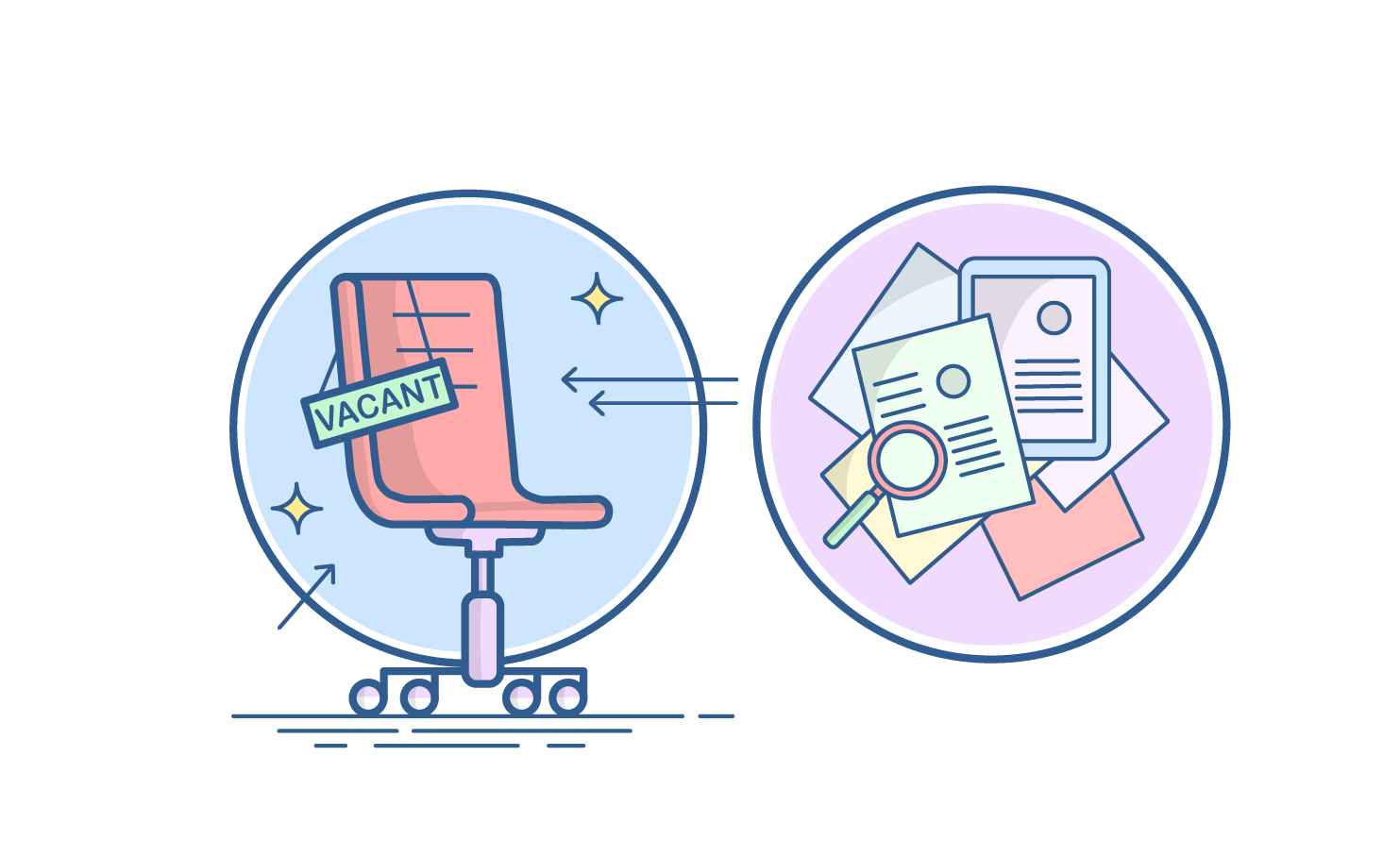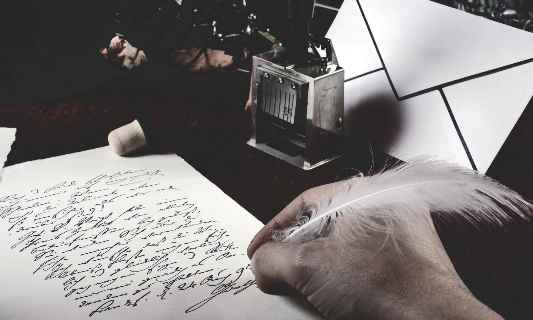Lyricist
Who Is A Lyricist?
Lyricists or poets live for the love of the language. They turn words into songs and poems. They express their thoughts and feelings with verses and lyrics. As a lyricist, you go beyond just rhymes and compose verses, arrange songs with the help of fellow musicians. A poet puts together words as an expression of thoughts that may or may not be accompanied by music.
The good part of this career option is the fact that there is no specific degree to be earned to become a lyricist or a poet. With a keen interest in language, this can be pursued as a hobby, to begin with, which can be taken up more seriously later.
Roles & Responsibilities
Demonstrating creativity in work. A poet or a lyricist breathes life into words through creative and artistic expressions. A person hiring the services of a lyricist would expect high-quality verses for a promising commercial prospect.
Understanding the expectations of the contractor/employer. The lyricist has to sit with the music producer and others involved in the project (could be a movie, a TV show or a private music album) to understand the requirements before penning down a song.
Indian films, for instance, are known for their musical content. There are songs to fit every situation in a plot whether romantic, tragic, suspense, action, celebration etc. As a lyricist, you will have to understand the plot and various situations thoroughly before writing lyrics for a movie.
Making changes as required. A lyricist/poet will be expected to discuss the composed verse with the client and review it. It is often a team effort where they jointly agree on the revisions to be made to the composition.
Performing in front of an audience. Fans of literature often attend forums where poets recite their works to a live audience. Apart from writing songs and poems, you may also perform your works before an audience.
Providing social commentary. Poets and lyricists are chroniclers of the times they live in. Apart from personal topics, they write about social, political and cultural issues relevant to their times and express their opinion and protest through their compositions. Poets have the immense power of swaying public opinion through their work and may often be expected to be more than mute spectators.
Take the Mentoria career assessment test, to find out how well-suited you are as a Lyricist.
Discover your Ideal future
Get expert guidance and mentorship towards your perfect fit.
What Skills Will I Need To Have To Do This Job Well?
As exciting as this sounds, there are some things you’ll need to learn to do the job right:
KNOWLEDGE OF LITERATURE
It goes without saying that a poet or lyricist must have a firm hold over the language(s) in which he/she writes. A lyricist/poet should have mastered the grammatical, phonetic as well as linguistic aspects of verse writing. Any fundamental mistake in composition could lead to embarrassing situations.
ARTISTIC BENT OF MIND
A good lyricist/poet can express in a variety of ways and can instantly create a mood with his/her words. Poets use their “creative licence” like metaphors to express their thoughts on paper. The greatness of a lyricist or a poet lies in the artistic expression of human emotions.
COMMUNICATION SKILLS
Lyricists and poets must have excellent communication skills. During their work, they interact with a lot of people. For example, lyricists talk with producers and music directors while poets need to communicate with their publishers as part of their work.
It is hence, critical that communication between people is proper and transparent to ensure quality output.
OBSERVATION SKILLS
To be good at the job, a lyricist or a poet has to be observant of his/her surroundings. Often, compositions require a social commentary or a political message and only sharp writers can notice the world around him/her and comment in the form of a poem or a song.
MUSICAL AND ARTISTIC KNOWLEDGE
While writing songs, musical knowledge helps the work of lyricists. This reduces their dependency on musicians. Similarly, knowledge of the theory and various techniques used to compose, produce, and perform musical compositions, dance, visual arts and drama can significantly help a lyricist/poet to write a poem or a song for a production.
What Will My Workplace Look Like?
The workplace of a lyricist/poet would depend on the kind of work being done. A performing lyricist/poet would be taking part in recitations or performances while a songwriter would be only writing for the songwriting credits and royalties.
Most poets and lyricists work within a flexible timeline and can work from home. Successful Indian lyricists are freelancers who write for movies and are not affiliated with a particular studio or organisation. Radio stations, TV channels etc. often hire writers who are lyricists and poets.
Thinking of a career as a Lyricist? Take the Mentoria assessment test & talk to our career counsellors to get personalized step-by-step guidance for your future career path.
What Is My Scope For Career Growth As A Lyricist?
Lyrics writing is a competitive and creative field with the immense possibility of growth as well as challenging circumstances. A poet or lyricist can have met financial success through money-spinning operations like movies, televisions, radio, advertising or even plays. A poet aspiring to be famous must have a successful anthology well-received by readers. Similarly, a lyricist will find fame if the audience appreciates his/her songs.
Once famous, a poet or a lyricist might be approached by more publication houses and movie makers who are eager to sign them for their next publication or production.
How Much Will I Get Paid?
The exact number will depend on the reputation and success achieved in the profession, but we can give you a general idea.
Lyricist/poets at the top of the heap in India usually earn anywhere between INR 400,000-2,000,000 per song.
Income hugely varies at the grass root level depending on the genre of the song or poem composed, the size of the audience or reader as well as the penetration or reach of the works among the masses etc.
Okay, I'm sold. This is amazing

STEP 1: Class XI-XII/Junior College
There is no specific educational requirement for a lyricist/poet but learning the basics of music and language would be beneficial.

STEP 2: Graduate Degree
An aspiring lyricist or a poet would benefit from a deeper understanding of the language he/she aims to write in. Therefore, a Bachelor’s degree in a language of interest is recommended.

STEP 3: Diploma Courses
Online as well as offline institutes offer various diploma, part-time as well as full-time courses in lyric writing.

STEP 4: Land a Job
Maintain a portfolio of your work and pass it around in relevant circles. With a little luck and the quality of your work, you will find people to collaborate with.
Congratulations, you are now officially a Lyricist/Poet!

STEP 5: Post-graduation
While not necessary, but if you have a degree in a language, you could choose to pursue a Master’s degree to hone your interest and skills further.
Sign Up for Mentoria - India’s Most Reliable Career Discovery Platform
Mentoria promises to handhold you during your career discovery journey - from the time you sign up until you get into a career you love.
Discover your Ideal future
Get expert guidance and mentorship towards your perfect fit.


